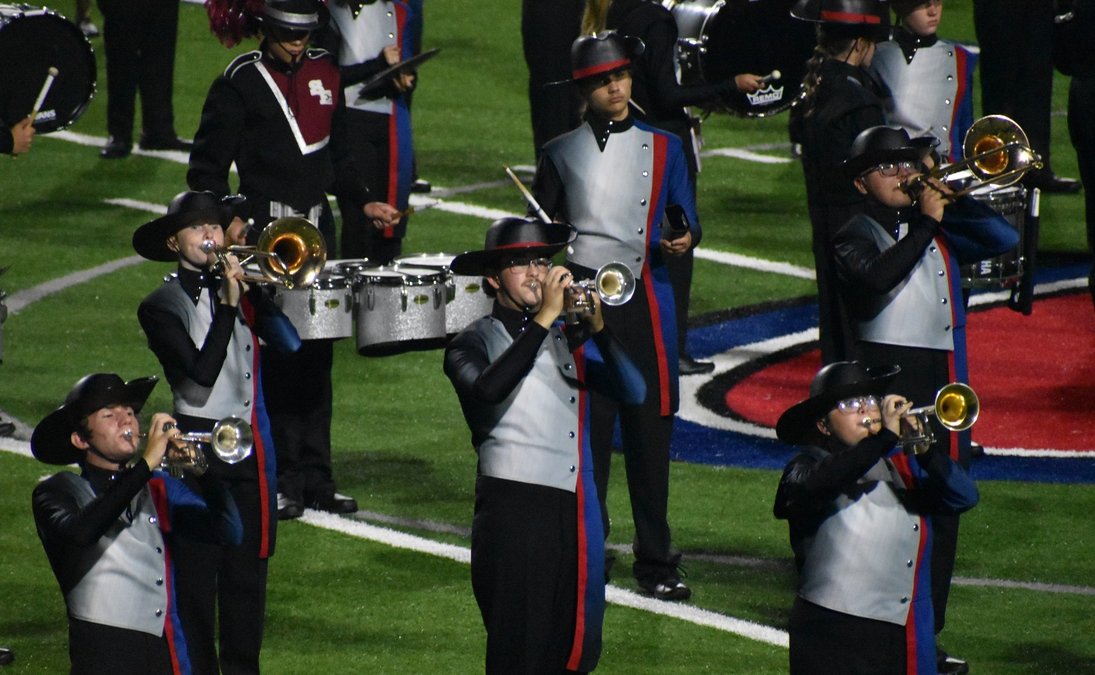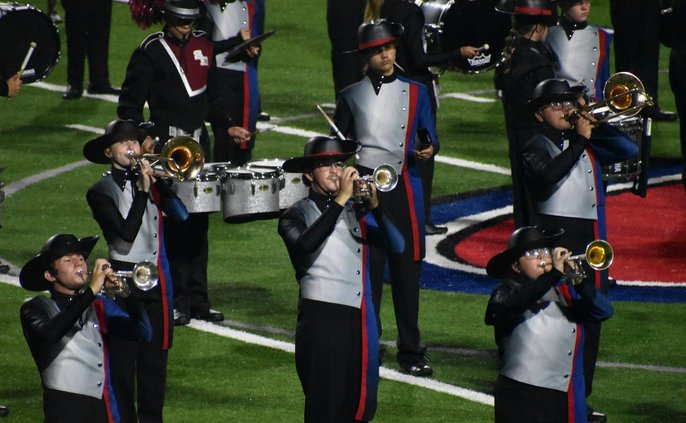The Effingham Industrial Development Authority is making steady progress in getting one of its tracts more appealing to potential customers — going at a pace a little quicker than what is being removed is accustomed.
The IDA is finding and shipping out gopher tortoises from the northern side of its Interstate 16 holding, relocating the turtles to a Georgia Power habitat near Plant Vogtle.
“They were very excited,” IDA CEO John Henry said of the company receiving the gopher tortoises. “They only have a handful of native gopher tortoises on that site.”
Henry and IDA project manager Ryan Moore were invited to the donor site and were allowed to release a couple of the I-16 gopher tortoises back into the wild.
“You don’t realize what goes into this until you see them work on one,” Henry said. “It was unique for me to see that. It was great to have a partner in Georgia Power to have a receptor site.
Gopher tortoises use dry habitats to dig their burrows. They are a threatened species in Florida but not in Georgia. The Plant Vogtle habitat is at the northernmost end of the gopher tortoises’ range.
The IDA discussed moving the gopher tortoises at their November meeting, and Mike DeMell of Environmental Services, Inc., said moving the turtles could cost as much as $1,000 per animal.
“We had a number of gopher tortoises on the industrial park and the price was comparable,” Henry said.
Before the IDA initiated timber harvesting on the northern tract, there were 138 active and inactive burrows on the property. That number was down to 77 after the harvesting. How many tortoises there are and what the final cost is wasn’t something the IDA could peg until each burrow was examined, according to DeMell.
The IDA approved spending up to $60,000 to move the turtles.
DeMell advised the IDA the tortoises didn’t have to be moved. But board members and officials didn’t want a potential prospect turned away because of a site selector’s anxiety over the turtles.
“We will take all necessary precautions on this and on any potential endangered species and any cultural and historical resources,” Henry said. “We are doing the right thing.”
Each tortoise will undergo an examination from a doctoral candidate, and the donor site has to erect a silt fence pen, to prevent the turtles from trying to return to their old habitat.
“This has taken an awful lot of work,” IDA Chairman Dennis Webb said.
Henry also said the IDA owed DeMell “a big thank you.”








